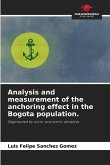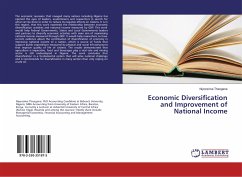This book presents the experiences of an ethics seminar held in the past decade, where students from various countries engaged in active dialogue based on practical examples about the utility of ethics as a guiding principle in today's world.In business education, students everywhere learn about ethics, specifically business ethics. Does this course make sense in today's business and everyday world? Is it just about acquiring mandatory academic credits, or does it come with additional benefits? Is it worthwhile for individuals to behave ethically fundamentally, considering both personal and corporate contexts from a business perspective?Rather than examining the seven virtues through the lens of traditional morality and ethics textbooks, we approached them with a focus on business education, seeking answers to whether behaving ethically is worthwhile in both business and everyday life, referencing insights gained from statistics.At various points, the opinion emerged that ethicalbehavior is a "consolidated, balanced" strategy, where as unethical behavior is a risky strategy with a higher chance of both greater losses and potentially higher profits.








